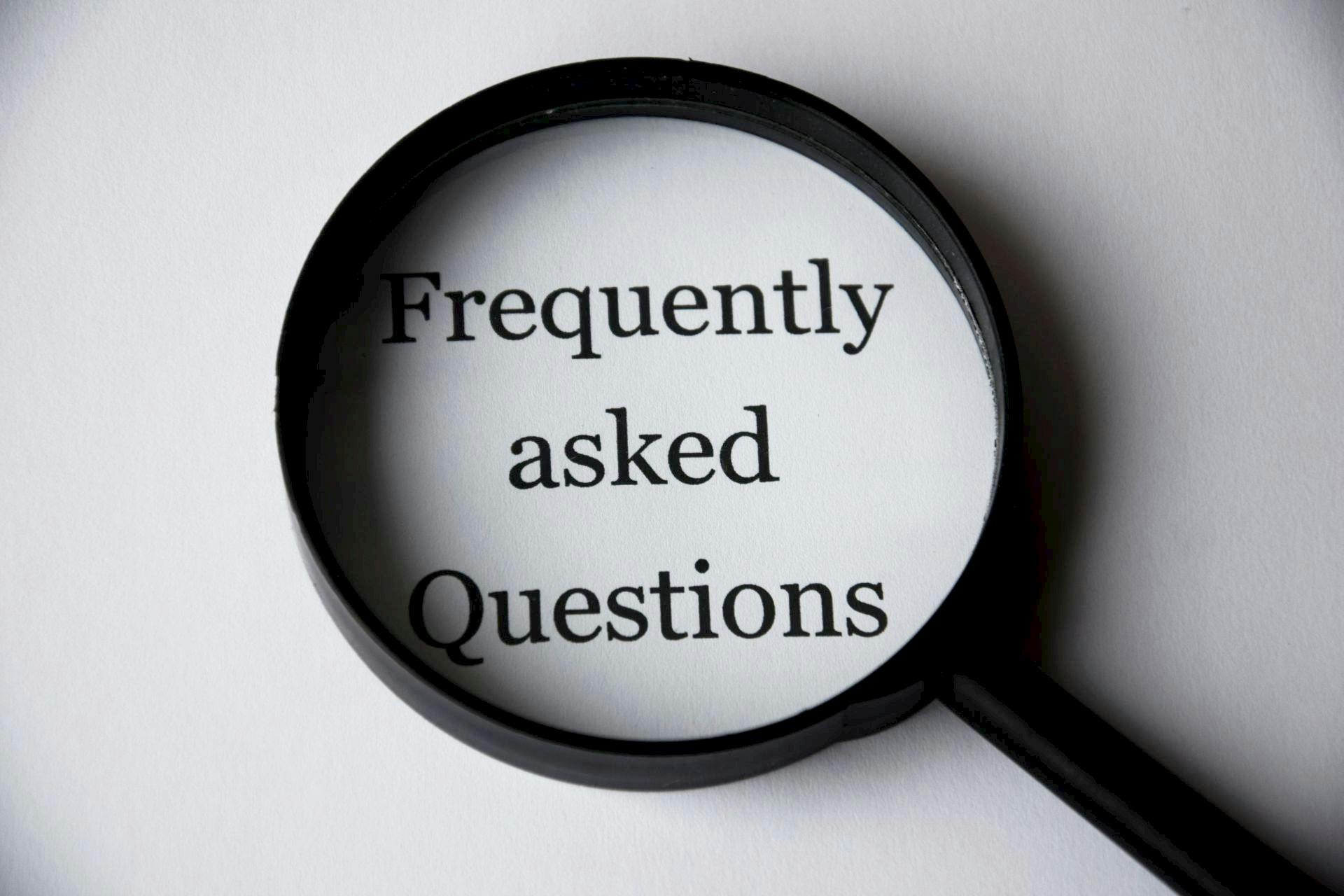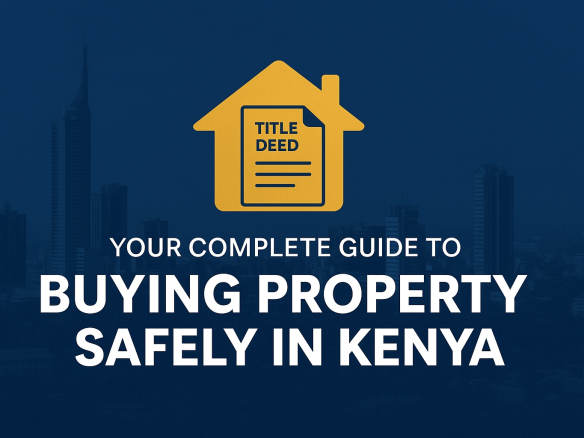Here are some frequently asked questions (FAQs) in the real estate market along with their answers:
1. What is the current state of the real estate market?
- Financing: The buyer must secure a mortgage loan.Inspection: The property must pass a home inspection or allow the buyer to negotiate repairs.Appraisal: The home must appraise for a certain value to satisfy the lender’s requirements.
If a contingency is not met, the buyer or seller may have the right to cancel or renegotiate the contract.





Join The Discussion